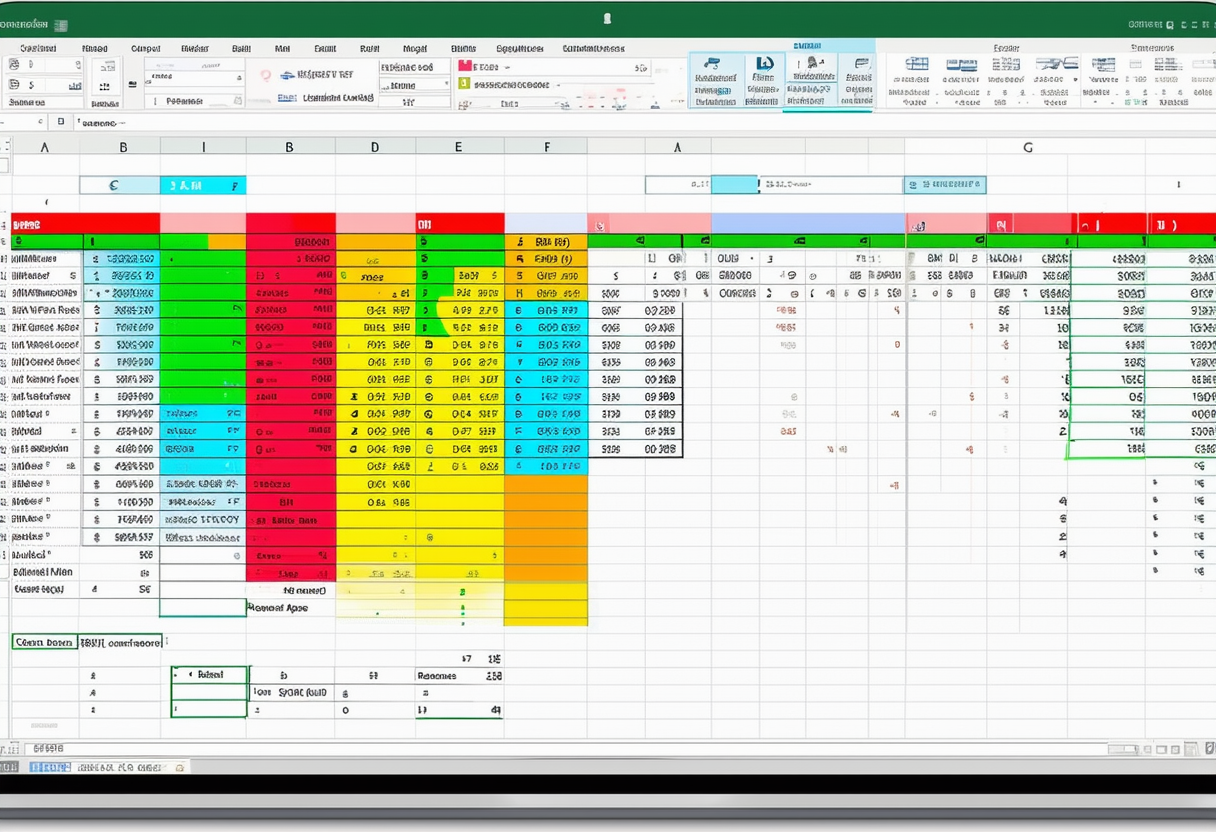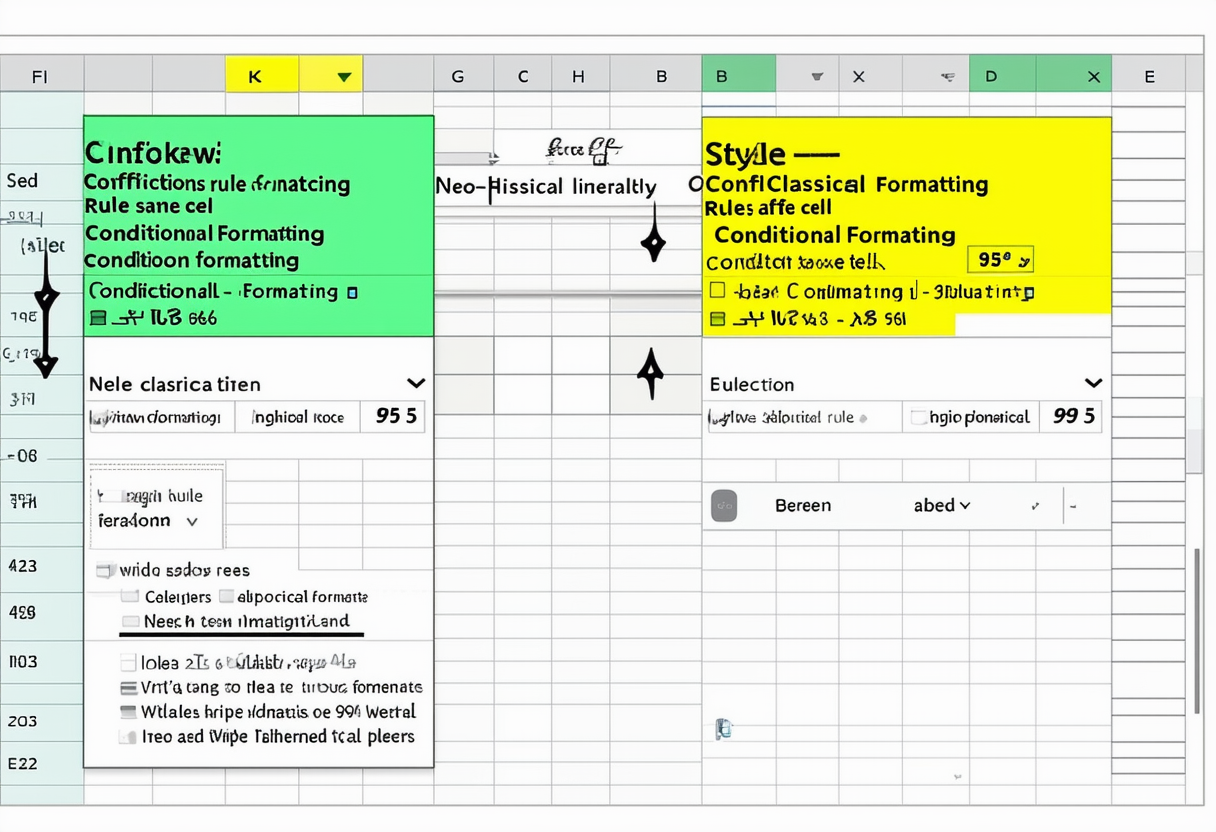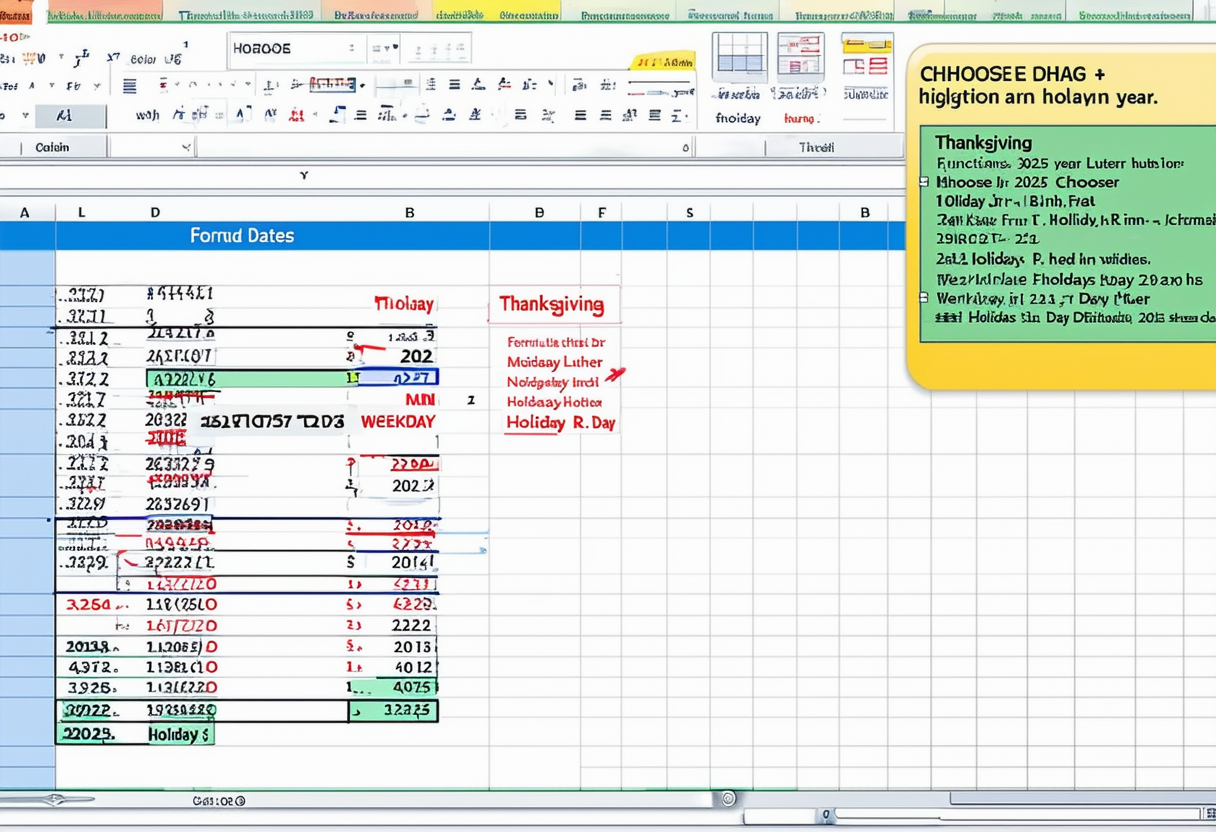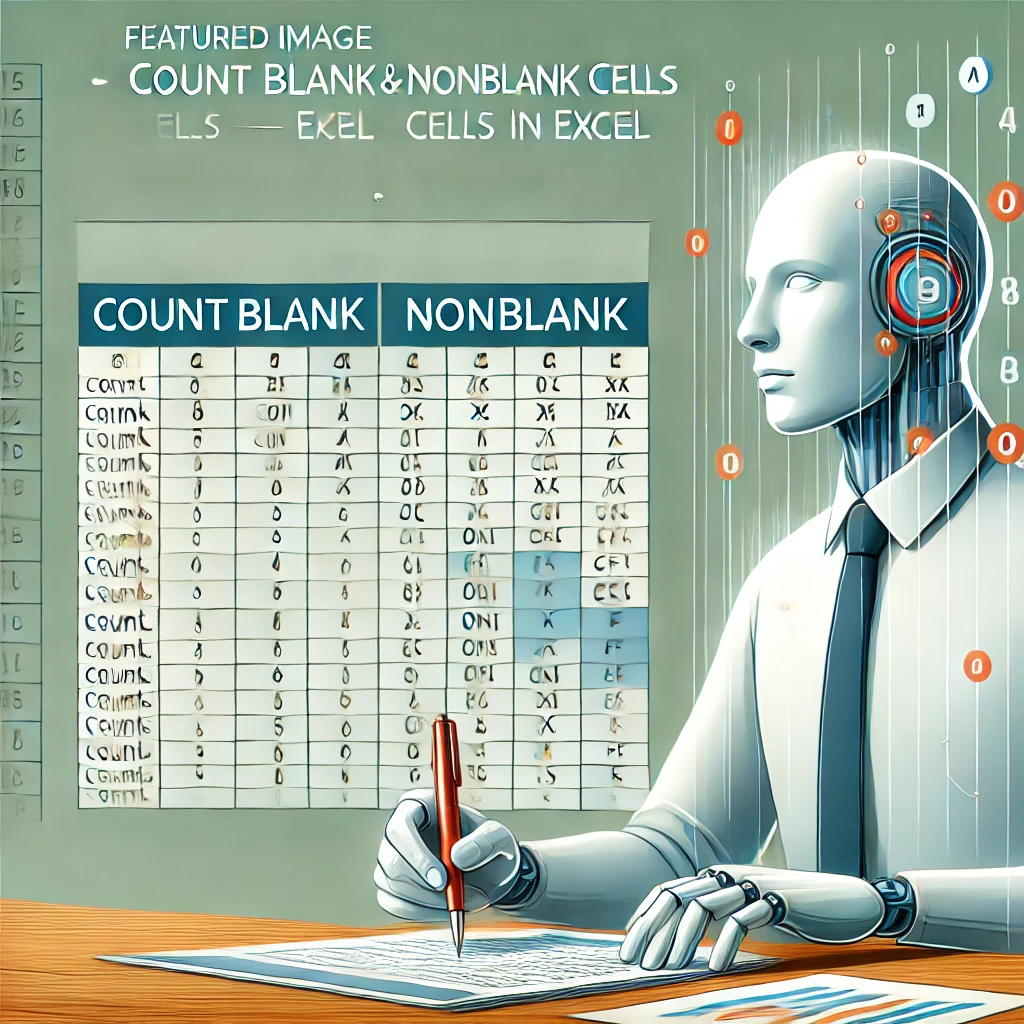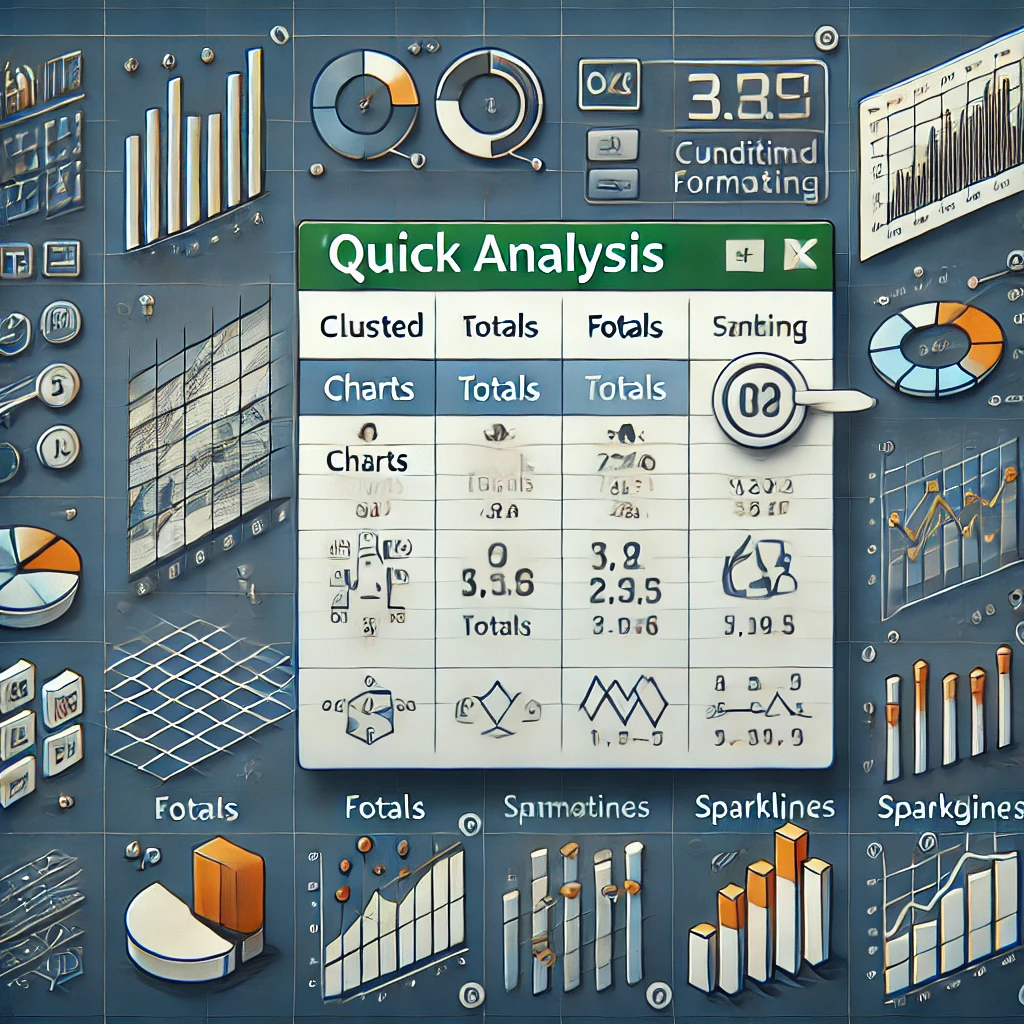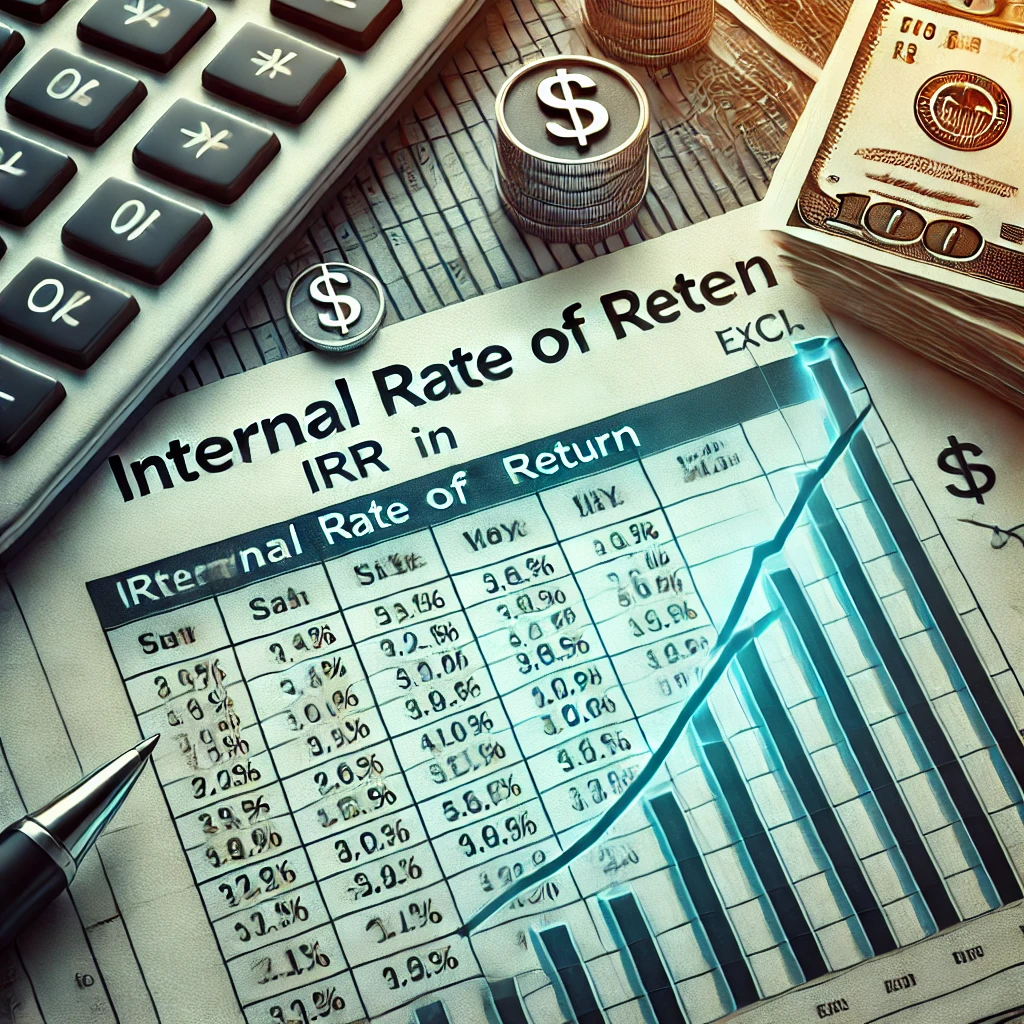Table of Contents
In today’s digital world, the efficient management and accurate analysis of data are crucial for businesses of all sizes. The advent of Artificial Intelligence (AI) has brought about significant advancements in various fields, and one area where its power truly shines is in Google Sheets. This popular spreadsheet tool, coupled with AI capabilities, has the potential to revolutionize the way we handle data analysis, streamline processes, and ensure accuracy. By understanding the synergy between AI and Google Sheets, harnessing the efficiency-boosting capabilities, and leveraging its accuracy-enhancing features, businesses can unlock a new level of productivity and success.
Understanding AI and Google Sheets
Before delving into the benefits of AI for Google Sheets, it’s important to grasp what AI truly entails. Artificial Intelligence refers to the simulation of human intelligence in machines, enabling them to mimic cognitive functions such as learning, problem-solving, and decision-making. By utilizing AI algorithms and machine learning techniques, Google Sheets can now analyze data in a smarter and more efficient manner.
Artificial Intelligence has become synonymous with technological advancements in recent years. It has revolutionized various industries by enabling machines to interpret and analyze data, recognize patterns, and make informed decisions. This capability is especially valuable in the context of Google Sheets, where vast amounts of data are processed on a daily basis.
What is AI?
Synonymous with technological advancements, AI enables machines to interpret and analyze data, recognize patterns, and make informed decisions. This capability is especially valuable in the context of Google Sheets, where vast amounts of data are processed on a daily basis.
AI algorithms and machine learning techniques have transformed the way data is analyzed. With the ability to automate mundane tasks, AI allows businesses to focus on more strategic initiatives. By identifying trends and providing valuable insights that might not be immediately apparent to human analysts, AI enhances the decision-making process in Google Sheets.
The Role of AI in Data Analysis
Data analysis forms the backbone of any business operation. AI takes data analysis to a whole new level by automating mundane tasks, identifying trends, and providing valuable insights that might not be immediately apparent to human analysts. With AI, Google Sheets becomes an indispensable tool for businesses aiming to gain a competitive edge by leveraging the power of data.
AI-powered data analysis in Google Sheets enables businesses to uncover hidden patterns and correlations that may have otherwise gone unnoticed. By leveraging machine learning algorithms, Google Sheets can identify anomalies, predict future trends, and optimize decision-making processes. This not only saves time and resources but also enhances the overall efficiency and effectiveness of data analysis.
An Overview of Google Sheets
Google Sheets, a cloud-based spreadsheet application, is widely used across industries for managing data and performing calculations. Not only does it allow for seamless collaboration, but its integration with AI capabilities makes it an even more indispensable asset for businesses worldwide.
With Google Sheets, businesses can store, organize, and analyze data in a secure and accessible manner. The cloud-based nature of Google Sheets enables real-time collaboration, allowing multiple users to work on the same spreadsheet simultaneously. This promotes teamwork and streamlines workflows, ultimately leading to increased productivity and efficiency.
Furthermore, the integration of AI capabilities into Google Sheets enhances its functionality and analytical capabilities. By leveraging AI algorithms, Google Sheets can automatically generate insights, perform complex calculations, and make data-driven recommendations. This empowers businesses to make informed decisions based on accurate and up-to-date information.
In conclusion, the combination of AI and Google Sheets opens up a world of possibilities for businesses. With AI’s ability to interpret and analyze data, Google Sheets becomes a powerful tool for data analysis and decision-making. By automating tasks, identifying trends, and providing valuable insights, AI enhances the efficiency and effectiveness of data analysis in Google Sheets, ultimately enabling businesses to gain a competitive edge in today’s data-driven world.
The Intersection of AI and Google Sheets
When AI meets Google Sheets, the possibilities for increased efficiency and productivity are endless. Let’s explore how AI enhances Google Sheets and the key features that make this combination so compelling.
How AI Enhances Google Sheets
AI brings newfound intelligence to Google Sheets, enabling it to assist users in various tasks. From suggesting formulae and analyzing patterns to generating reports and automating repetitive actions, AI helps users save time and effort, allowing them to focus on more critical aspects of their work.
AI Features in Google Sheets
Google Sheets incorporates AI features that can greatly streamline data analysis. These include natural language processing, which allows users to perform actions by typing commands in plain English, and smart data exploration, which suggests relevant pivot tables and charts based on the data at hand. Additionally, AI-powered data validation offers real-time suggestions to ensure data accuracy.
Boosting Efficiency with AI in Google Sheets
In today’s fast-paced business environment, every second counts. AI equips Google Sheets with tools to automate tasks and expedite data processing, resulting in significant time savings.
Automating Tasks with AI
Manual data entry and calculation can be tedious and time-consuming. AI in Google Sheets automates these tasks, allowing users to import and transform data with ease. From automatic data categorization to intelligent formatting suggestions, AI-powered automation keeps data organized and reduces the risk of errors.
Speeding Up Data Processing
Data processing involves complex calculations and operations. AI features in Google Sheets can expedite this process by predicting formulas based on surrounding data and suggesting data ranges for analysis. By eliminating the need for manual input, businesses can process data faster and make informed decisions more efficiently.
Enhancing Accuracy with AI in Google Sheets
With the vast amount of data being handled in today’s digital era, maintaining accuracy is paramount. AI can play a pivotal role in minimizing human error and improving data accuracy within Google Sheets.
Minimizing Human Error
Humans are prone to making mistakes, especially when handling large amounts of data. AI technology in Google Sheets assists users by detecting and highlighting potential errors in data entry and calculations, thereby reducing the risk of costly inaccuracies.
Improving Data Accuracy with AI
AI algorithms embedded in Google Sheets can analyze and validate data in real-time. From identifying outliers to cross-referencing data sources, AI-powered data accuracy checks provide businesses with a higher level of confidence in the data they rely upon for decision-making.
The Future of AI and Google Sheets
As AI continues to advance, so does its integration with Google Sheets. The future holds exciting developments that will further enhance the capabilities of this powerful combination.
Predicted Developments in AI for Google Sheets
Experts predict that AI in Google Sheets will become even more intuitive and user-friendly. Enhanced natural language processing capabilities, advanced data visualization, and dynamic real-time collaboration are just a few of the anticipated advancements that will further revolutionize the way we interact with data.
The Impact on Businesses and Individuals
Coordinating with sales post-conference is crucial for businesses aiming to maximize the impact of B2B events. Here are five ways to effectively coordinate with sales after a conference:
- Set Clear Objectives: Clearly define the goals you want to achieve through the sales follow-up process. This will help align sales team efforts towards achieving these objectives.
- Collect and Organize Leads: Ensure that all leads generated during the conference are accurately captured and organized. This will facilitate smooth handover to the sales team for follow-up.
- Prioritize Follow-Up: Prioritize leads based on their potential value and urgency. Timely follow-up is crucial to maintain the interest and engagement levels of potential customers.
- Personalize Communication: Tailor your follow-up communication to address the specific needs and pain points discussed during the conference. Personalization creates a stronger connection and increases the chances of conversion.
- Track and Analyze Results: Monitor the effectiveness of your sales follow-up efforts by tracking important metrics such as response rates, conversions, and revenue generated. Analyzing these results will help refine and optimize future follow-up strategies.
In conclusion, the power of AI for Google Sheets lies in its ability to boost efficiency and accuracy in data analysis. By understanding the role of AI, harnessing its features, and leveraging its capabilities, businesses can unlock the full potential of Google Sheets. From automating tasks and speeding up data processing to minimizing human error and improving accuracy, AI in Google Sheets empowers businesses to make better-informed decisions. As AI advances further, the future holds even more exciting possibilities for this dynamic combination. Coordinating with sales post-conference is essential for maximizing the impact of B2B events. A well-coordinated follow-up process can significantly contribute to the success of such events, fostering long-lasting business relationships and driving growth. Therefore, it is crucial for businesses to recognize the importance of coordinated follow-up and invest the necessary time and resources into ensuring its effectiveness.




